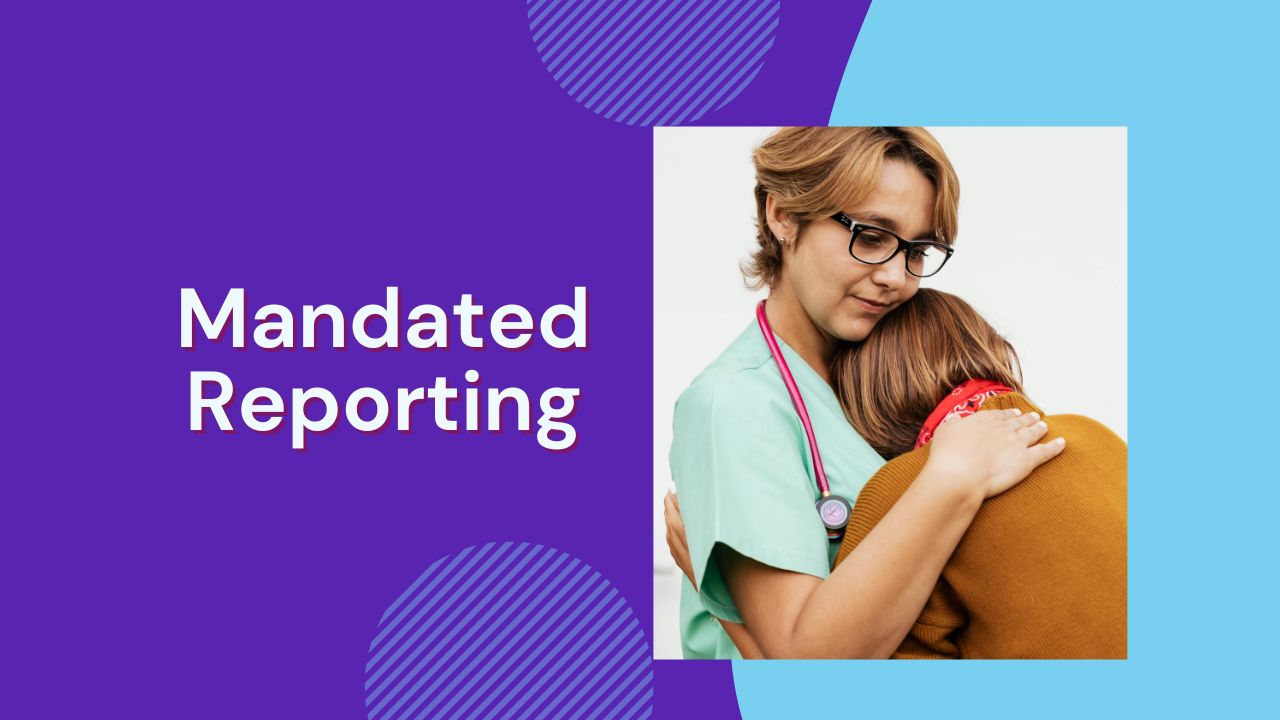It’s cold out, it’s dark, and it’s raining. You know that you need to be ready for a nursing shift within the next fifteen minutes, but you can’t muster up the strength to get out of bed. The truth is that you have been experiencing sadness and apathy about life for a while now—especially since the change of season. If these feelings sound all too familiar, you may be suffering from seasonal depression.
What Is Seasonal Depression?
Seasonal depression, sometimes referred to as SAD, is a type of depression that can be set off by the change of seasons, particularly in late fall but also throughout winter. And while it’s rare, people can sometimes suffer from SAD during the summer months as a result of the seasons changing from late spring to early summer. In either case, SAD can trigger feelings of loneliness, irritability, anxiety, and an overall sense of hopelessness. Moreover, SAD can negatively affect sleep cycles and appetite and interfere with memory and concentration. Consequently, dealing with seasonal depression can be exceptionally challenging for nurses due to the pressure to be alert and clear-headed at work.
Seasonal Depression in Nurses

If you are a registered nurse (RN) or any other type of nursing professional experiencing feelings of loneliness or a general loss of interest in everyday activities, you could have SAD. In fact, according to one study, around 5 percent of adults in the US experience symptoms of SAD.
Seasonal depression seems to affect more women than men and can present itself in young adulthood. What’s more, people living in some US states are more vulnerable than others due to the amount of time each state has between sunrise and sunset. As a matter of fact, people who reside in Alaska or Ohio are considerably more susceptible to SAD because of shorter days and extended periods of darkness. Likewise, residents in states such as Minnesota, Montana, and Michigan are also at higher risk for SAD. On the contrary, Hawaii, Arizona, and California residents have low rates of SAD thanks to these states' generally sunny dispositions. Considering all this, nurses residing in states prone to harsher winters, shorter days, and longer intervals of darkness could be at greater risk of developing SAD.
How to Avoid Seasonal Depression
When the temperatures drop and the days seem to turn into night in the blink of an eye, seasonal depression can hit like a ton of bricks for susceptible people. If you are a nurse currently experiencing SAD or are looking for a few ways to avoid it, there are some effective ways to treat this disorder. Luckily, treatments for SAD are extremely accessible and easily integrated into everyday routines. Treatments for SAD can include anything from exercise to improving daily nutrition or even reaching out for professional help. If severe, SAD can also be treated with certain medications. Regardless of the severity, seasonal depression should be taken seriously and treated right away.
How to Cope with Seasonal Depression

As mentioned above, small lifestyle changes, such as modifications in diet and exercise, can make a huge difference when it comes to coping with or avoiding SAD altogether. That said, just twenty minutes of daily activity may be all it takes to keep the SAD away. In fact, according to a University of Toronto researcher, low-impact activities such as walking or gardening could prevent the onset of depression in all age groups. And while gardening on a rainy day or in the winter months may not be ideal, bundling up and taking a brisk walk is a reasonable way to squeeze in some exercise every day.
Apart from exercise, nutrition plays a huge role in mood stability. That is to say, going extended periods without eating or nourishing your body with the right foods can have a detrimental impact on energy levels and mood. Overeating can also lead to feelings of lethargy and zap motivation levels. Therefore, if you are a busy nurse who deals with SAD, it’s a good idea to set yourself up with some nutritious pre-packed snacks for long nursing shifts. In addition to snacks, to help treat SAD, you will want to make sure you are consuming enough wholesome meals throughout the day.
Lastly, but most importantly, to cope with SAD, make sure you are getting enough natural sunlight each day. While this may sound like an oxymoron considering that SAD is triggered by the lack of sunshine, just twenty minutes of sunlight can help ward off SAD. Therefore, if you see the sun peaking through the clouds, take advantage of the sunlight by sitting near a window or going outside. If natural sunlight is not an option in your state, you could also consider investing in a light therapy box. Artificial light therapy can be an effective alternative for the treatment of SAD.
Can You Be a Nurse with Mental Health Problems?
The stigma around mental health has decreased over the years, but we still have a lot of work to do. That said, given that depression in nurses has become more prevalent, particularly among nurses who worked on the frontline during the COVID-19 pandemic, it’s more important than ever to recognize that nurses around the country need mental health support. Many nurses work while navigating mental health problems. And while some nurses will be able to maintain a good mental health outlook by incorporating daily self-care tips such as exercise and good nutrition, some nurses will need additional support. On the same note, nurses should never feel like they have to deal with mental health issues on their own. Fortunately, there are loads of mental health resources for nurses struggling with depression, anxiety, and other mental disorders. Ultimately, asking for help in times of mental crisis is always recommended.
The Bottom Line
If you are a nurse with seasonal depression, know that you’re not alone. The faster you can take steps towards managing or treating your SAD, the better. Recognizing your SAD symptoms is the first step; after that, you can steadily begin to make changes to your lifestyle to help cope with uncomfortable SAD feelings. Furthermore, make sure you take care of yourself and ask for help when you need it. More often than not, SAD is temporary and will resolve during sunnier months. What’s that phrase again? Oh, yes: “This too shall pass.”













